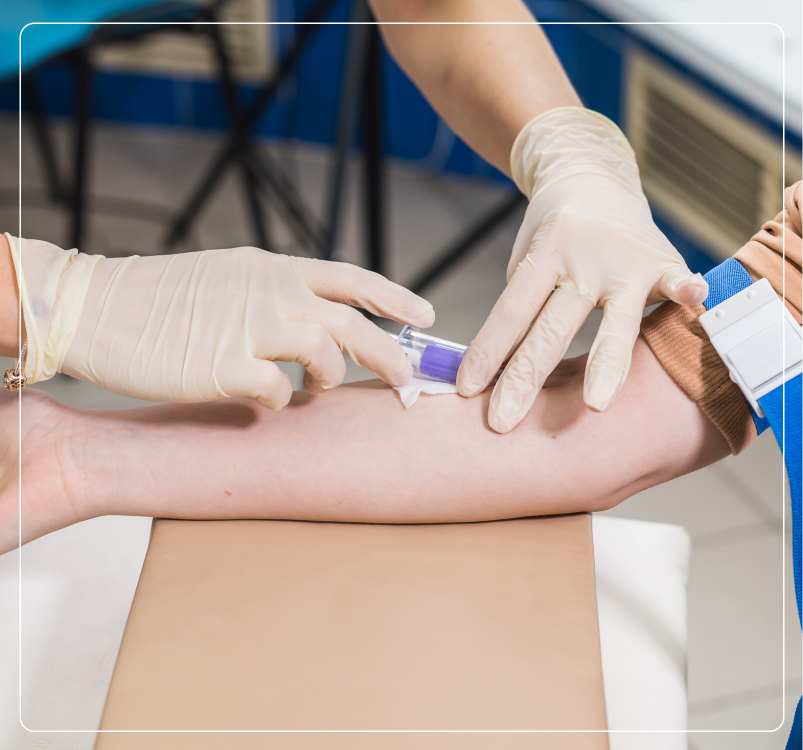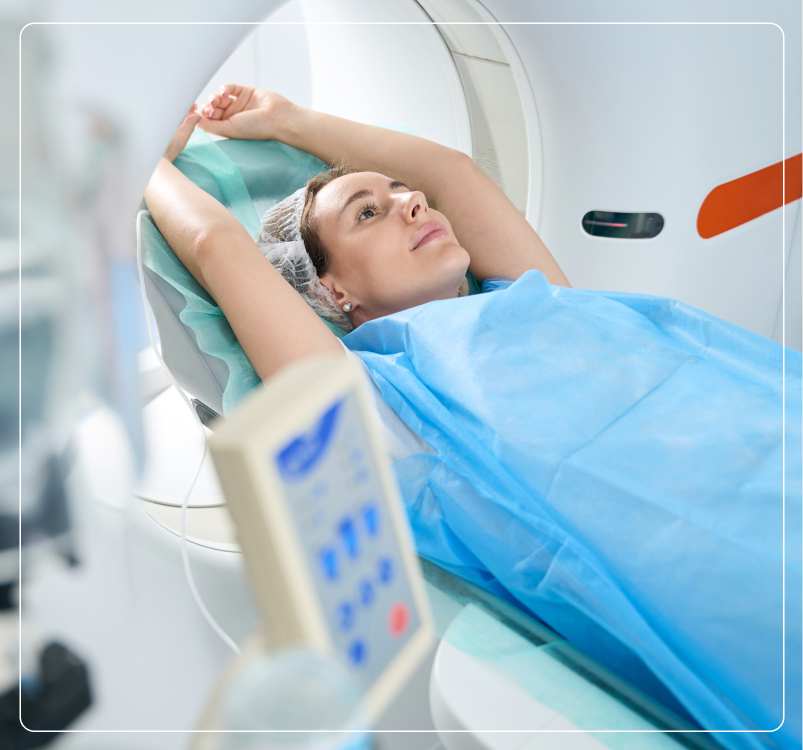Gynecologic Cancer
Dr. Mukti Mukherjee
[12+ Years Experience]
Radiation Oncologist In Kolkata
Gynecologic Cancer Doctor in Kolkata
Types of Gynecologic Cancer
Cervical Cancer
Cancer that develops in the cervix’s tissues, the lower part of the uterus and is often linked to human papillomavirus (HPV) infections.
Uterine Cancer
Cancer that develops in the lining or muscular wall of the uterus with endometrial cancer being the most common type affecting reproductive-aged and menopausal women.
Ovarian Cancer
Vaginal Cancer
Vulvar Cancer
Reach out: Your path to quality care starts here
58, Canal Circular Rd, Kadapara, Phool Bagan, Kakurgachi,
Kolkata – 700054
Let’s Talk
Symptoms
Causes

Human papillomavirus (HPV) infection

Older age

A family history of gynecologic cancer, especially ovarian, Fallopian tube

Mutations in the BRCA1 and BRCA2 genes

Exposure to this synthetic form of estrogen in the womb (Diethylstilbestrol exposure)

Smoking

Obesity

Excessive hormone exposure (from estrogen replacement therapy)

Sexually transmitted infections (STIs)

Chronic health conditions like diabetes, hypertension, HIV infection, or AIDS can increase the risk.

Polycystic ovarian syndrome (PCOS)
Evaluation
Dr. Mukherjee emphasizes personalized treatment plans that consider cancer stage, patient’s overall health,
and individual healing capabilities. The treatment involves:
Gynecological examination




